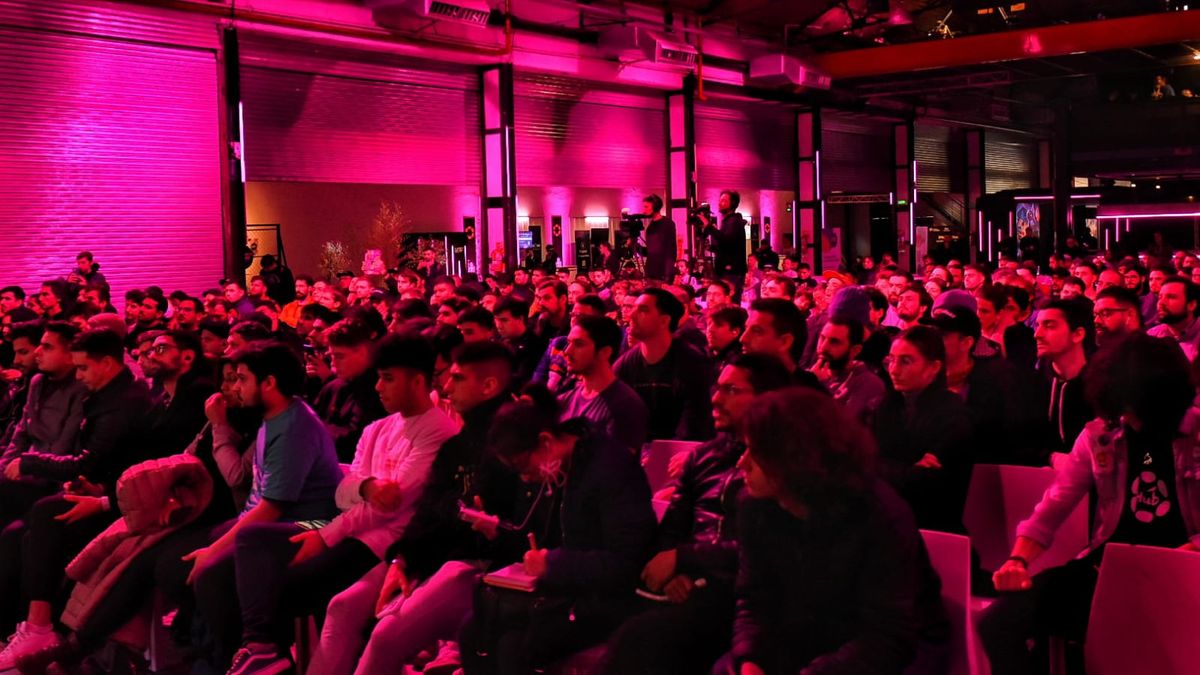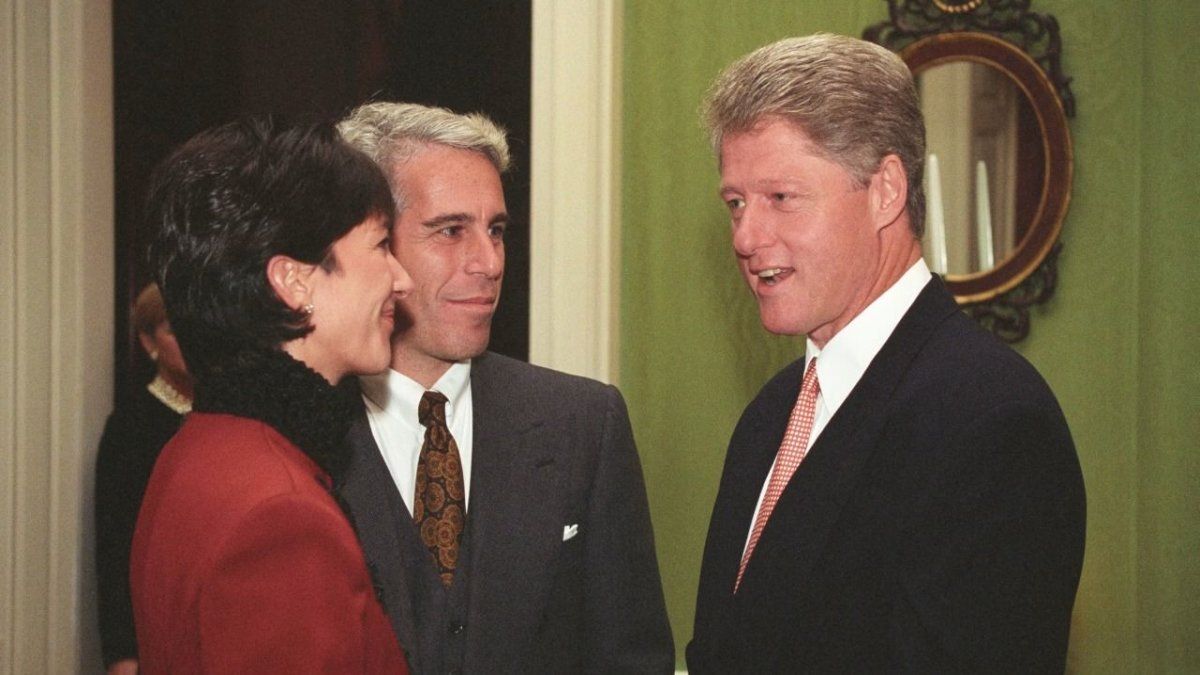More than 450 people a day were able to enjoy numerous talks by local and international experts in Buenos Aires, the first Latin American city to host this event. Added to this number are all the people who were present in the cities of Berlin, New York and Hangzhou, the other three venues where Polkadot Decoded also took place simultaneously. And to give it greater extension, let us remember that thousands of people were able to access live the more than 100 talks, chosen in a democratic and decentralized manner by the community, which were transmitted by streaming completely free of charge and for everyone.
There were also parallel events where the community was able to meet in different activities in the cities of Mexico, Peru, Rio de Janeiro, Valencia, among others.
A summary of the two days in Buenos Aires:
- Gavin Wood announced the next generation of governance within the Polkadot ecosystem for a decentralized future.
This new system will enable thousands of simultaneous decision-making mechanisms so that those who wish to can participate at any time. Likewise, it will drastically increase the potential number of collective decisions in the Blockchain, positively impacting Polkadot’s governance system as it is a crucial step in the development of its decentralized ecosystem. (To see the video of the full talk, access this link: https://youtu.be/tBvxn8WfcFI)
- Polkadot presented Substrate Marketplace, a key tool for the ecosystem that will allow make it easier than ever for developers to search for available pallets while planning their Polkadot, Kusama, or solochain project. With this, in addition to open source pallets included natively with FRAME, developers will be able to search for those developed by the community and offered to the community under various open source licenses.
- Project Liberty: Úrsula O’Kuinghttons, director of Communication and Alliances of the Web3 Foundation together with Denise Duncan, from Unfinished Labs presented Project Libertya revolutionary proposal for Web3.
“Project Liberty is an ambitious project. We want to create a new civil architecture, according to the times we are living in. We are concerned about the current situation in terms of freedom and opportunities,” Duncan said, adding, “creating with a decentralized protocol and blockchain technology is key to people being able to own their data.”
For his part, O’Kuinghttons delved into the problems that the sale of data by technology companies poses for democracy and stated that “democracy is in danger if we continue to use this system. If we want to create real freedom , we have to decentralize the data”.
- Women in web3: Lorena Fabris, ambassador of Polkadot, Romina Cejas, BD in Cryptoavisos and CM in Defi Latam, Pilar Rodriguez, Head of People in Defiant Wallet and Fiorella Scantambulo (Head of Coms in POAP) in a panel moderated by Úrsula O’Kuinghttons, spoke about The role of women in crypto technology. They highlighted the need to provide women with the necessary tools to break down the glass ceilings that prevent them from reaching leadership positions. Likewise, they agreed on the need for more and more women to join in working on this technology. The biggest challenge is empowering them. They must be promoted and accompanied so that they become builders and founders of projects. So that they are in decision-making places.
- Polkadot in LATAM: Ezio Rojas, Social Media Manager LATAM and Spain of Parity Technologies highlighted that Decoded has been the biggest event ever seen in terms of technology, with activities around the world from June 28 to July 1. Likewise, he highlighted that the Latin American vision was central in this event, with unique possibilities for the development of new technologies. “The influence of blockchain technology in the region is undeniable. In 2022, Venezuela, Argentina and Colombia were part of the 20 countries with the highest adoption of blockchain technology and cryptocurrencies worldwide.” For this reason, he explained that Polkadot seeks the growth of participation spaces in the region. Spanish is the second most important language among Polkadot users, so one of the main objectives of the company is to find solutions that focus on needs that affect Latin Americans, as is the case of projects with Virto Network and Roloi.
- Adoption of Polkadot in the business sector: Juan Jose Miranda of NTT DATA highlighted the benefits of the Polkadot ecosystem in the business arena, explaining that crypto and Web3 technologies are “redefining the meaning of trust as we know it.” The latter is related to the new way of sharing personal information that, among other things, is proposed by Web3. It’s an amazing paradigm shift. We will own our own information. It is the true beginning of the digitization of the world.”
- Polkadot Security: Javier Viola, Santiago Balaguer and Héctor Bulgarini from Partity Technologies, together with Alberto Viera from Mumbling and Nicolás Arevalo from Acala, highlighted that Polkadot has been developed in consistent and secure steps to scale the system and processing capacity without sacrificing security, without compromising the net. This is because the Polkadot network took 5 years to form, which speaks to an ecosystem that privileges security and rules out improvisation since its inception. They also explained that Polkadot provides the validator system for the parachains to connect to the ecosystem. Validators within the Polkadot protocol are assigned to parachains in a two-step validation process that shields parachains from security. The value of Polkadot is that it provides shared security and guarantees security with valid blocks.
Source: Ambito
David William is a talented author who has made a name for himself in the world of writing. He is a professional author who writes on a wide range of topics, from general interest to opinion news. David is currently working as a writer at 24 hours worlds where he brings his unique perspective and in-depth research to his articles, making them both informative and engaging.




